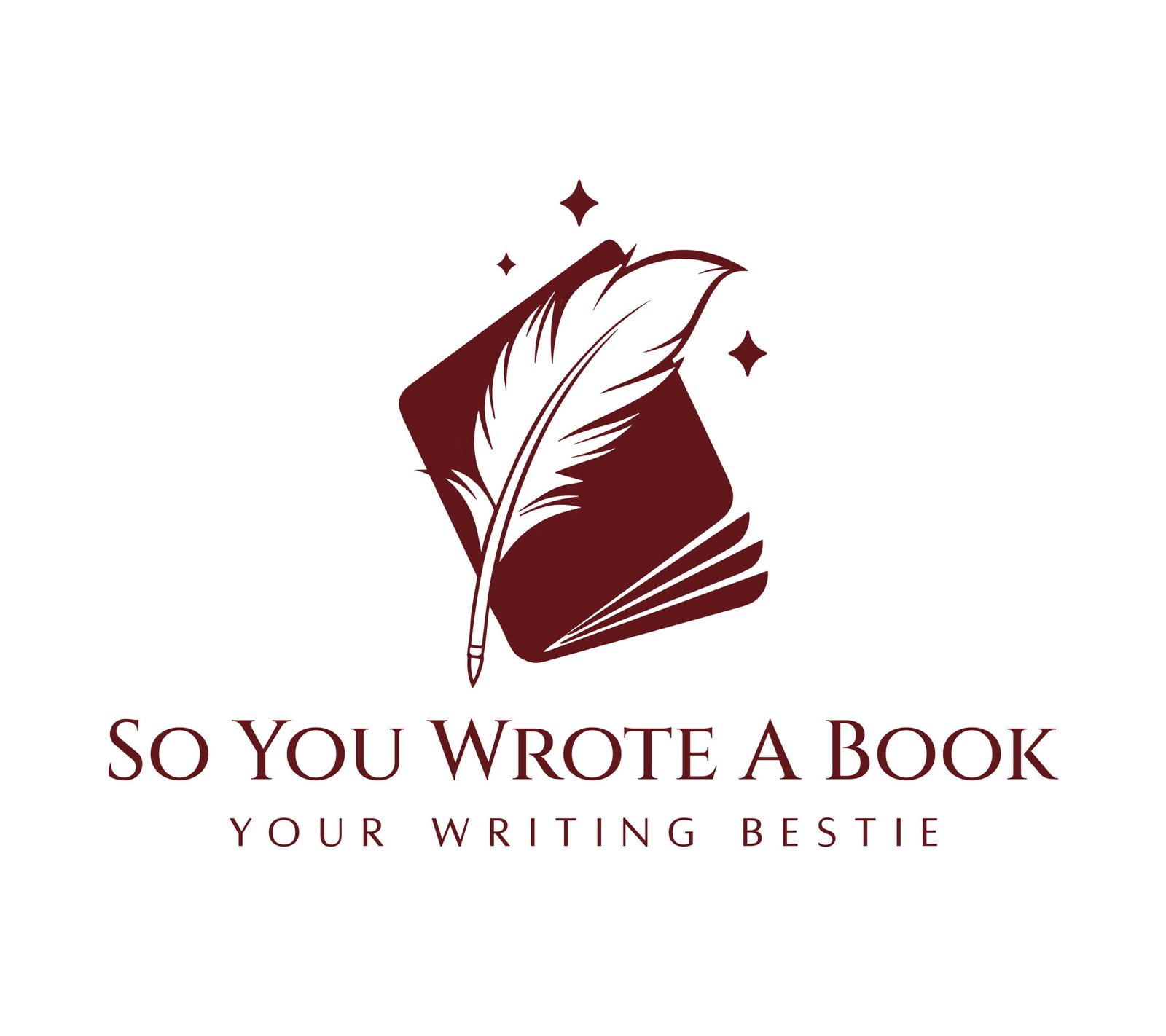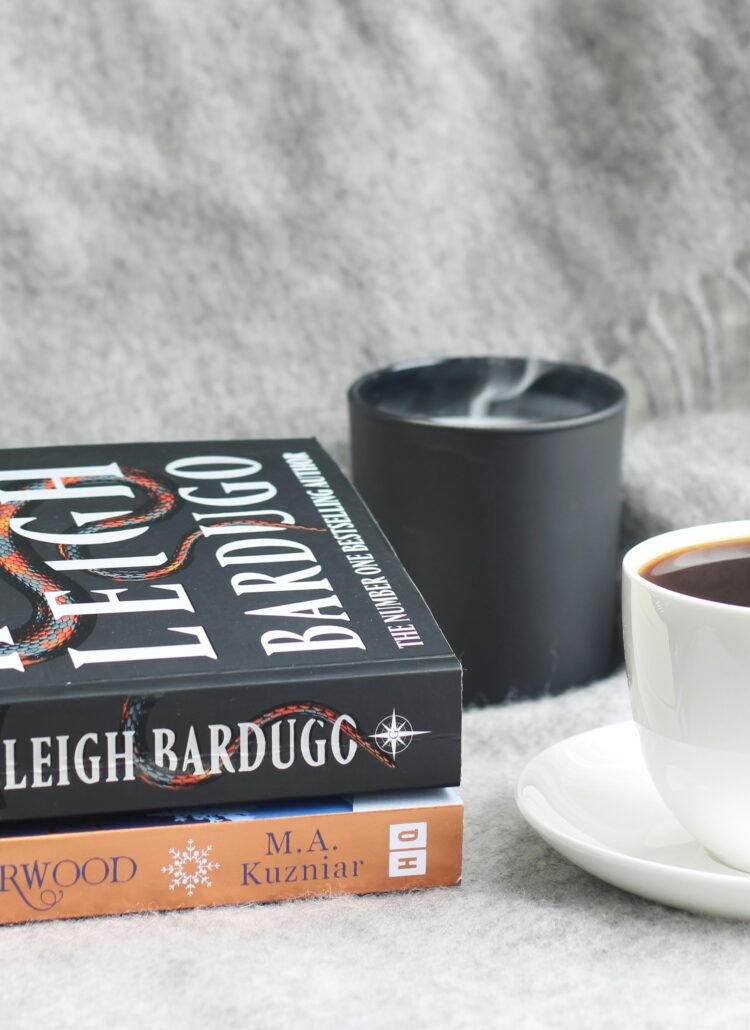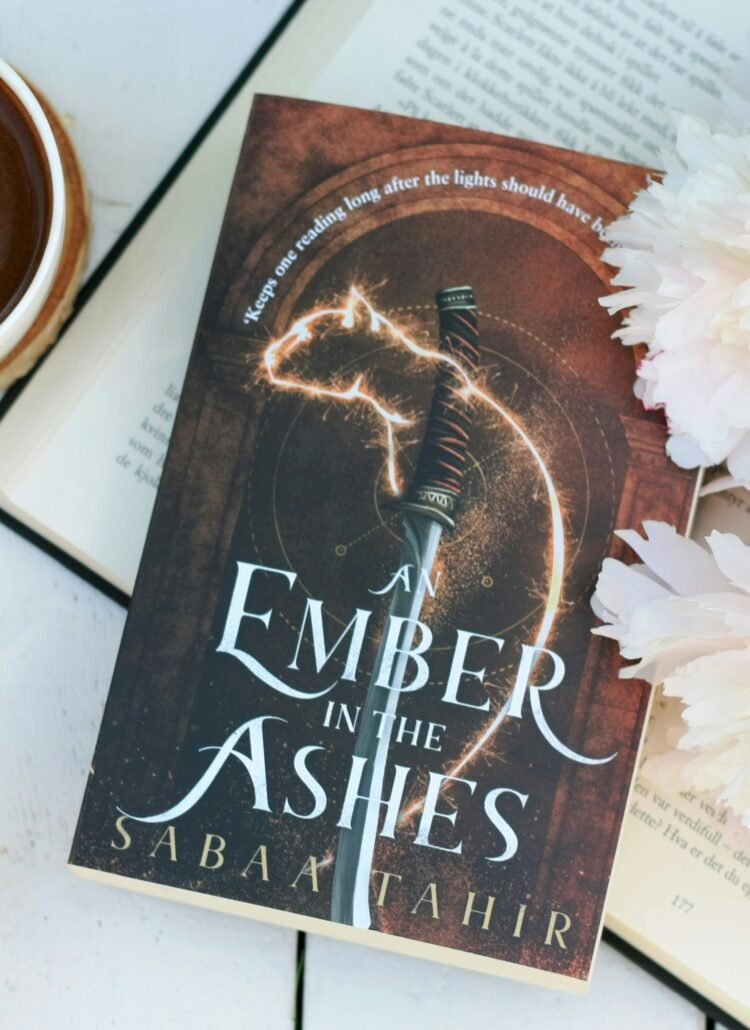So, you’ve written a story that’s bursting with potential (and that you’re absolutely obsessed with). Now what?
Whether you’re putting the final touches on your novel, knee-deep in revisions, or still chasing the elusive ‘The End,’ there’s one thing you can start doing now: finding your comp titles.
If the term ‘comp titles’ makes you want to run for the hills, you’re not alone. But here’s the thing – comp titles aren’t meant to scare you. They’re your secret weapon.
They help agents, editors, and readers immediately grasp what your book is about without wading through a long-winded explanation (though, you should still always have a blurb, a synopsis, and a one-sentence descriptor!). The right comps can mean the difference between a lukewarm response and someone eagerly asking to see more.
This guide is here to demystify comp titles for you. By the time you’ve finished reading, you’ll not only understand what they are and why they matter but also know exactly how to find the perfect ones for your novel.
Let’s get started.
What Are Comp Titles?
Short for ‘comparative titles,’ comp titles are like your book’s BFFs – other stories that would sit on a shelf in a bookstore with them – whether that’s in tone, theme, genre, or target audience. Think of them as a shorthand for explaining your novel.
Instead of a rambling summary, you can say, ‘It’s like The Night Circus meets The Invisible Life of Addie LaRue,‘ and voila! Your listener knows to expect a lush, atmospheric tale with magical realism and an emotional core.
Here’s the best part: Comp titles don’t have to be limited to books. TV shows, movies, or even video games can work if they capture your story’s spirit. The key is finding comparisons that genuinely reflect your book while making it irresistible to your target audience.
Why Are Comp Titles Important?
Comp titles aren’t just a nice-to-have – they’re vital if you ever want to succeed within the publishing industry (both traditional and self-publishing).
Here’s why they matter:
- They Instantly Hook Your Audience People are busy, and attention spans are short. A strong comp title combo can grab attention faster than a full synopsis ever could. It’s a shortcut to intrigue.
- They Show That You Know the Market Whether you’re querying an agent or self-publishing, choosing the right comps demonstrates that you understand where your book fits in the literary landscape. For some publishers, this can be really important. It shows you know why your book is the way it is and that you have a solid understanding of who and what has been succeeding in the same market recently. Basically, publishers will know you’ve done your homework and they love that!
- They’re Marketing Gold Comp titles do more than sell your book – they give you inspiration for everything from cover design to ad targeting. If a book similar to yours has succeeded, you can learn from its marketing strategy because you know that it is a book that will likely sell. Anyone seen the trend in romance book covers recently? Yep, that’s because of comp titles and what has been selling!
- They Make Your Pitch Memorable A great comp title combo should get stuck in people’s heads. Imagine describing your book as Little Fires Everywhere meets Game of Thrones. That’s a pitch people won’t forget.
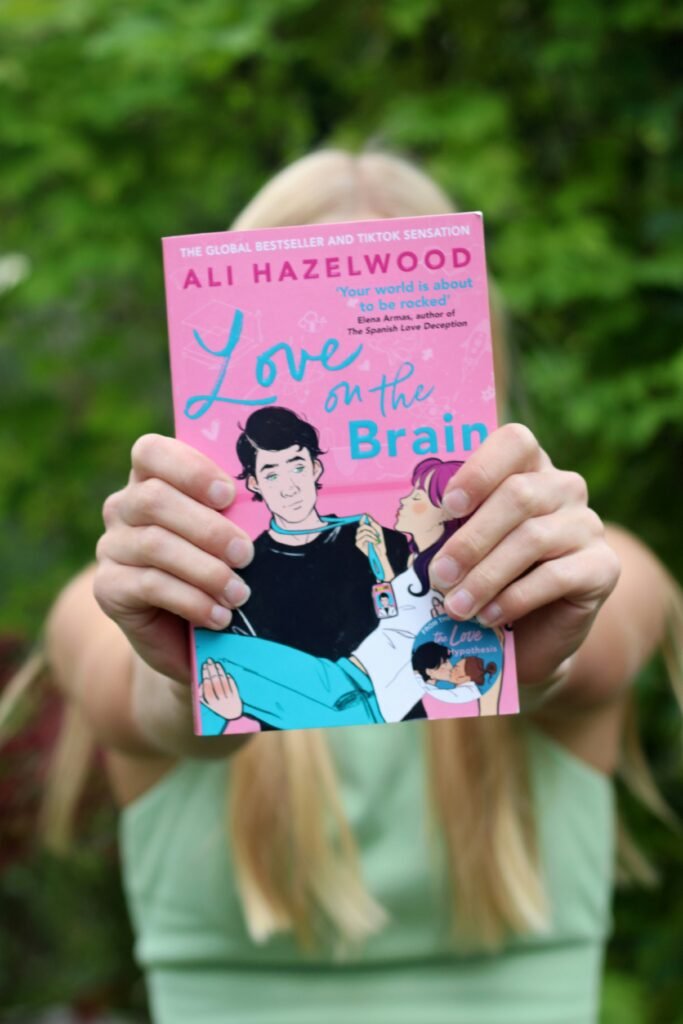
How Old Should Comp Titles Be?
When it comes to comp titles, timeliness is crucial. Ideally, your comps should be from the last five to ten years. Why? Because publishing trends shift quickly and older books might not resonate with today’s market.
For example, while Pride and Prejudice might inspire your story, it’s not a great comp title – it’s a classic, not a contemporary comparison.
Here are some tips:
- Focus on Recent Bestsellers: If your novel aligns with a book that’s been a hit in the past few years, that’s gold. It shows your book is tapping into current trends.
- Stay Relevant to Your Audience: Think about what your target readers are picking up right now. For instance, if your book is a YA fantasy, a title like A Court of Thorns and Roses works better than something like The Chronicles of Narnia because they are from two entirely different generations.
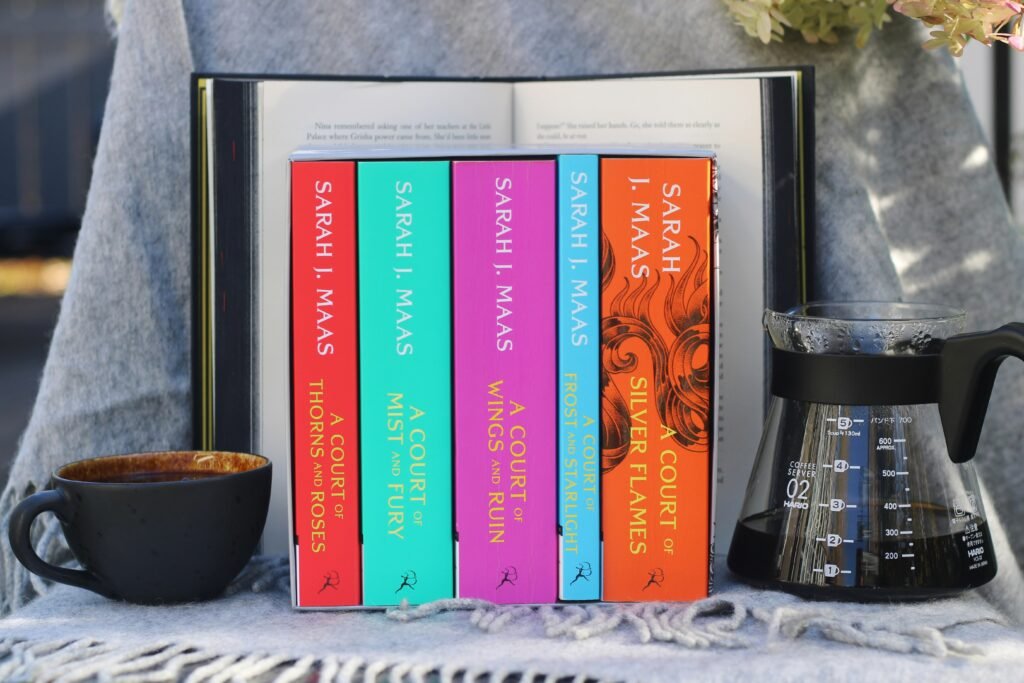
How to Find the Right Comp Titles for Your Novel
Finding the perfect comps is both an art and a science, but these steps will help you get there:
1. Start with Your Genre
First things first: What’s your book’s genre and subgenre? This narrows your pool. If you’ve written a high-stakes dystopian romance, look for other dystopian stories with similar romantic tension.
For example, a comp for a dystopian YA novel might be Scythe by Neal Shusterman, paired with The Selection by Kiera Cass.
2. Focus on Tone and Themes
Your comps should match your book’s emotional core. If your novel is a dark, brooding thriller with morally grey characters, look for books that carry the same vibe.
If your story focuses on heartfelt relationships and personal growth, something like Eleanor Oliphant Is Completely Fine could be a great fit.
3. Read, Read, Read
One of the best ways to find strong comps is to be well-read in your genre. Visit bookstores, check out what’s trending in your niche, and devour those books.
Pay attention to how they’re marketed and what readers are saying. If you’re writing a contemporary romance, for instance, reading authors like Emily Henry or Christina Lauren can give you ideas for what might resonate with your audience (and what other books out there are currently doing well).
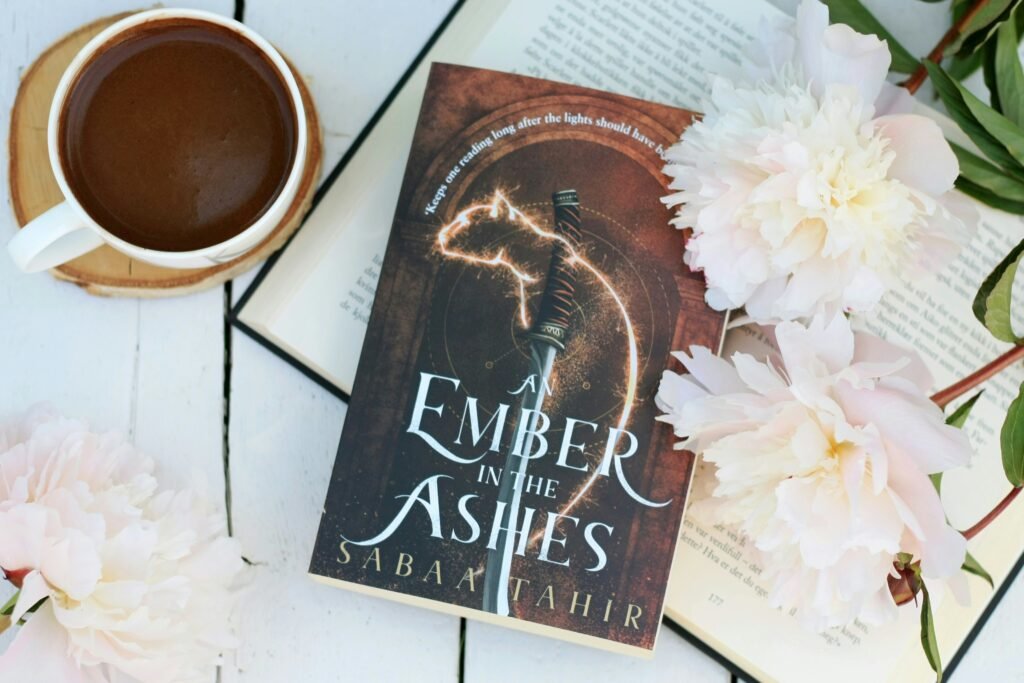
4. Use Reader Reviews as a Guide
Dive into Goodreads or Amazon reviews for books that might align with yours. Look for patterns in what readers loved – or what they wished was different.
For example, if reviewers of Beach Read often mention enjoying the balance of humour and emotional depth, and your book strikes a similar balance, it’s a great potential comp.
5. Look for Hidden Gems
Avoid comparing your book to massive bestsellers like The Hunger Games or Harry Potter. These are overused and can feel generic. Unfortunately, it’s unlikely your book is the next big Twilight (sorry to break your heart), so it’s important that you choose books that have done well, but are realistically where you might end up.
Instead, aim for mid-list titles or recent successes that haven’t oversaturated the market. For example, instead of comparing your Epic fantasy novel to Game of Thrones, try The Priory of the Orange Tree.
6. Think Beyond Books
Sometimes, the perfect comp isn’t a book. Maybe your novel’s quirky humour mirrors The Marvelous Mrs. Maisel, or its eerie vibe feels like Black Mirror. Pair these non-book comps with literary ones for a dynamic pitch, like: ‘It’s Black Mirror meets Klara and the Sun.’
7. Leverage Bookstore Displays and Bestseller Lists
Take a trip to your local bookstore and browse the ‘Staff Picks’ or ‘If You Liked…’ displays. Bestseller lists and curated shelves are great indicators of what’s resonating with readers right now. Pay attention to which books get placed next to each other and why.

8. Ask for Input
Don’t do it alone! Share your comp ideas with beta readers, critique partners, or writing groups.
They might suggest comps you hadn’t thought of or confirm that your choices feel spot-on. For example, a critique partner might suggest a TV show like Stranger Things if your book has a nostalgic, eerie vibe.
If you want advice on any comp titles you’re thinking about, feel free to post a question in our writing group!
9. Explore Bookish Communities
Join Goodreads groups, follow BookTok trends, or hang out in writing forums.
These communities are treasure troves of recommendations and discussions that might lead you to the perfect comp.
If you’re looking for a group to join, our Hype Hive Writing Group is a fun, supportive community of writers from all over the world who may be able to help you!
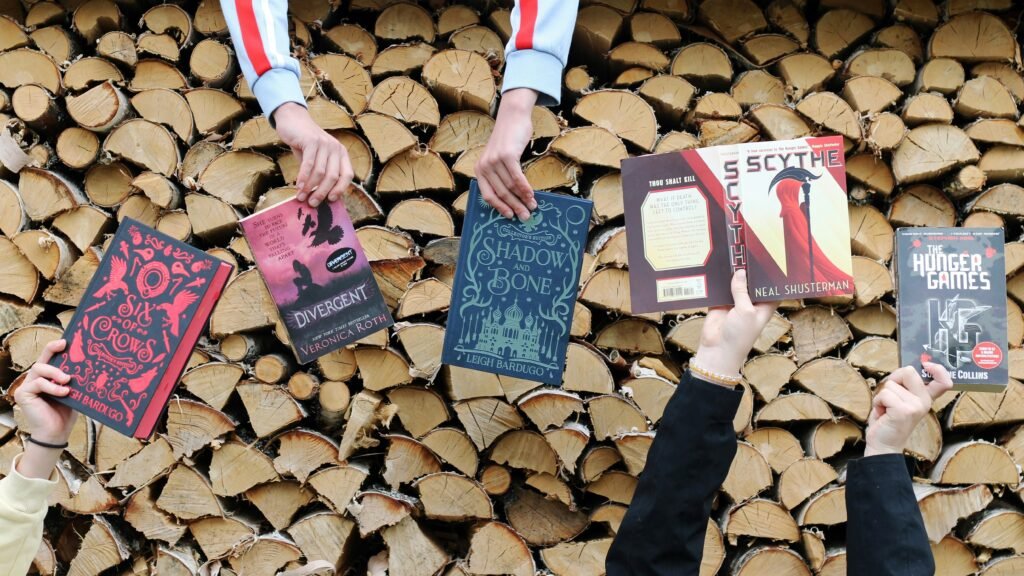
Finding comp titles might feel overwhelming at first, but it’s one of the most valuable steps you can take as an author.
Not only do comps make your book more marketable, but they also help you understand your own story better. So dive into your favourite bookish corners, take notes, and have fun with the process.
Your perfect comp titles are out there waiting for you.
Abbie xoxo
Working on your author package? Here are a few other things you may want to write!
How to Write a Novel Synopsis That Actually Works (Even If You Haven’t Finished Your Draft)
How to Write the Perfect Blurb for Your Novel
